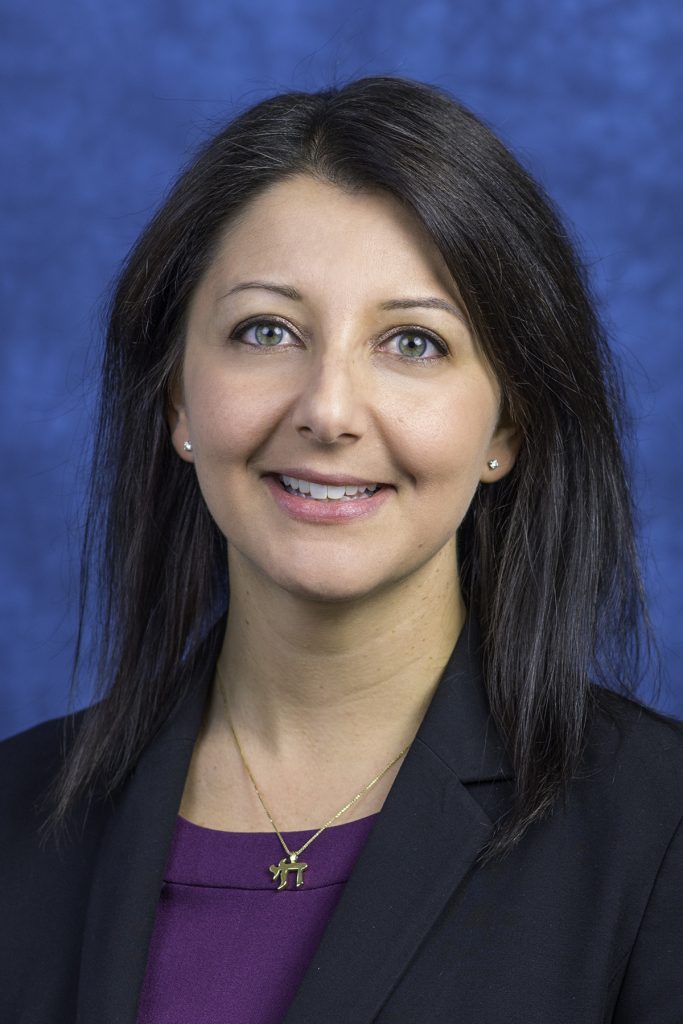Medicaid Innovation in North Carolina: A Fireside Discussion
November 10, 2021 · Amy Maciejowski
A systems thinker. That’s how NCQA’s president Margaret (Peggy) O’Kane describes North Carolina’s Secretary for Health and Human Services, Dr. Mandy Cohen. Secretary Mandy Cohen and Peggy O’Kane sat down for a special fireside chat to discuss the state’s changing approach to health in Medicaid. The entire discussion is available to view in our video gallery. but we’ve summarized some of the key points.

“Before we asked the world to be different, we had to be different… and that started with linking the number of siloes within my own department.” – Mandy Cohen, MD, MPH |
With an overarching theme of keeping health front and center, Secretary Cohen led North Carolina on a long journey to overhaul their systems of care. Secretary Cohen attributed the evaluation of their own state structure as key in allowing her and her team the opportunity to “think big” on equity and, ultimately, health.
“Before we asked the world to be different, we had to be different…and that started with linking the number of siloes within my own department,” said Secretary Cohen.
After evaluating how they were able to integrate, Secretary Cohen took that approach outward, to the delivery system within the state. They focused on using multiple levers of the delivery system in coordination with each other.
North Carolina’s approach to reshape health care has led the country to take note. And NCQA.
North Carolina’s Approach
Secretary Cohen’s main goal was to keep humility and people at the center of care. With the state’s July 2021 move to managed care, North Carolina saw an opportunity to rethink, reimagine and innovate what “health care” should look like in their state. Simultaneously, as Secretary Cohen emphasized, North Carolina was the first state to receive an approval for an 1115 waiver during the Trump Administration, underscoring the intent of this approach to be bipartisan, and collaborative in nature.
North Carolina used the 1115 waiver flexibility to identify “phenotypes” (characteristics) of patients that would benefit from nontraditional Medicaid services and develop the “Healthy Opportunities Pilots.”
What Makes the Opportunities Pilots Different, and Why We Care
In moving to managed care, the state was able to start from the drawing board and look closely at vetting the important concepts around broad health and whole-person care.
To look at whole-person care, North Carolina needed to understand the patients. The state concluded that identifying “phenotypes” of patients was key to learning about who would be better served with interventions not typically accessed through Medicaid. North Carolina concentrated on high-risk moms, asthmatic kids with two or more conditions and individuals that experienced interpersonal violence.
The “Health Opportunities Pilots” are unique as the first-ever program to test and evaluate the use of Medicaid to pay for evidence-based interventions that address non-medical factors that drive health outcomes and costs.
In May 2021, North Carolina awarded three “Network Lead” contracts. Those Network Leads cover three regions, reflecting the geographic, racial and ethnic diversity of the state. Network Leads are responsible for building their networks throughout the region and foster deep roots within the community to collaborate and build partnerships across the system. The Leads work closely with “Human Services Organizations” (HSOs) that will deliver pilot services.
NCQA has followed the changes in North Carolina since their inception and applaud the state for their forward-thinking strategy. We’ll be watching closely, as is the rest of the country, as North Carolina launches the pilots and reports the impact on outcomes and quality.
As Peggy O’Kane said during the Fireside Chat, “even if we are in our lane doing great work if we aren’t thinking about the big picture, we won’t succeed.”
Resources to Learn More About North Carolina’s Work
The Secretary encouraged the audience to learn from North Carolina’s experience and not recreate the wheel. Taking a collaborative approach to their program design is a big lesson. They worked with the Network Leads, Prepaid Health Plans and Human Service Organizations every step of the way.
They also engaged their stakeholders getting their input on the fee schedule, elements of care delivery and management, and how to build trust in the health relationship. If your state is interested in seeing the result of that collaboration, North Carolina shared some of their documents other states can use as examples:
- Health Opportunities Pilot Fee Schedule and Service Definitions
- Model Contract for PHP-Network Lead
- Model Contract for Network Lead
You may also check out North Carolina’s “Healthy Opportunities Pilots” website for more information
And again, the entire Fireside Chat is available to view in our video gallery.








